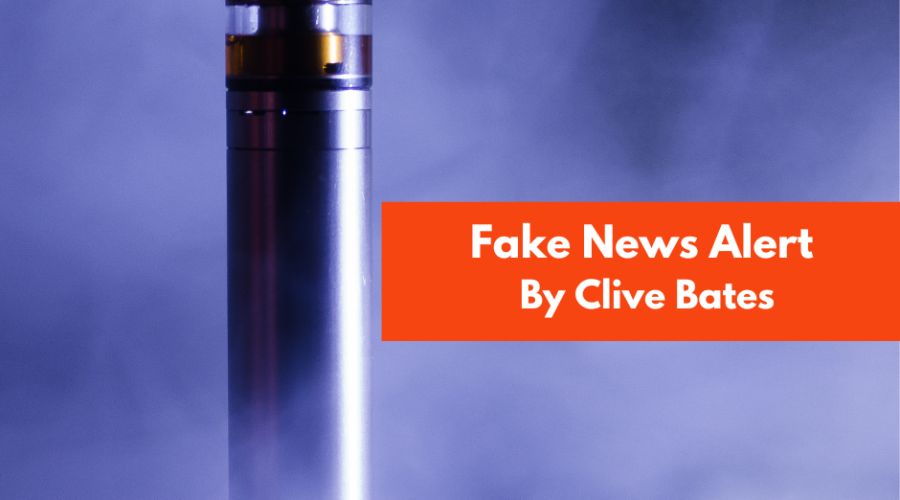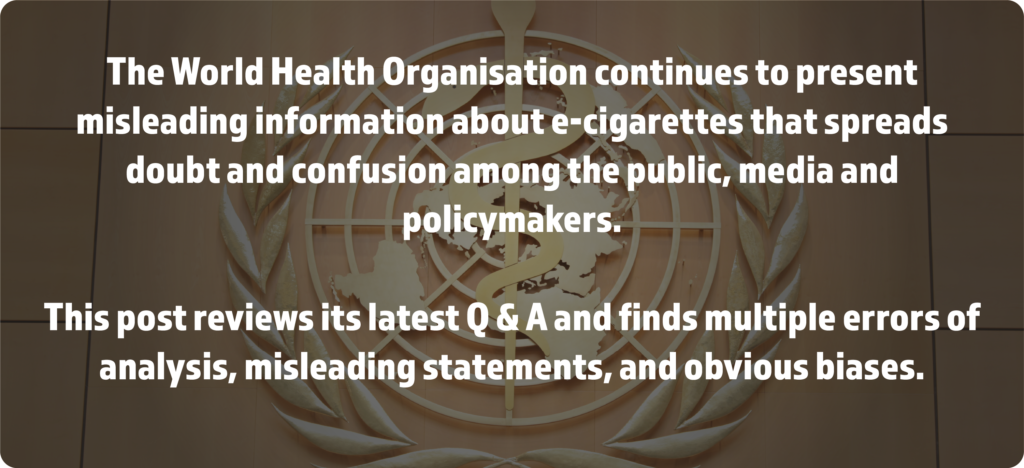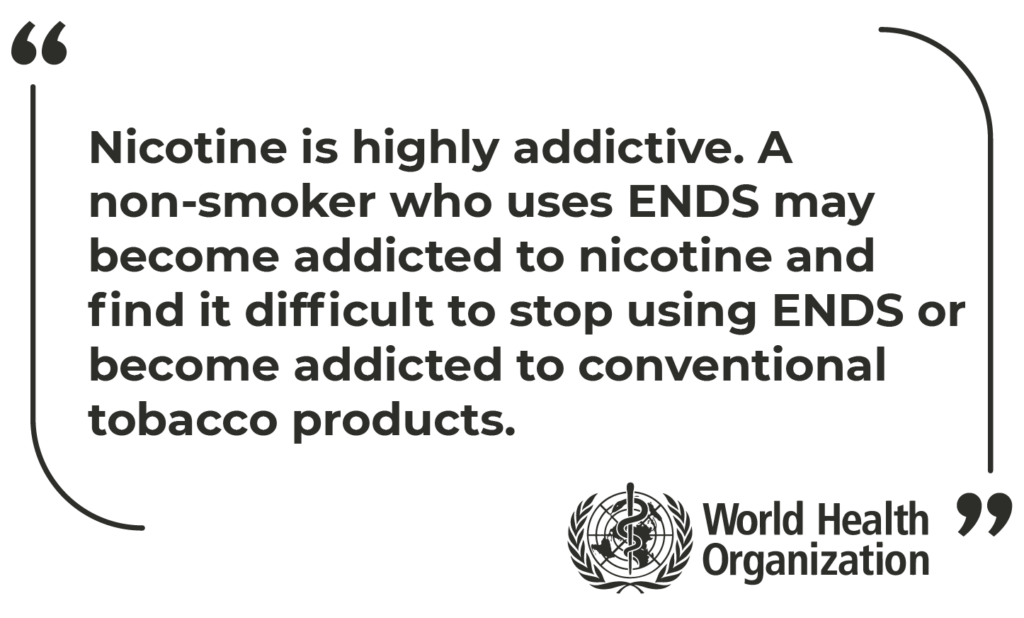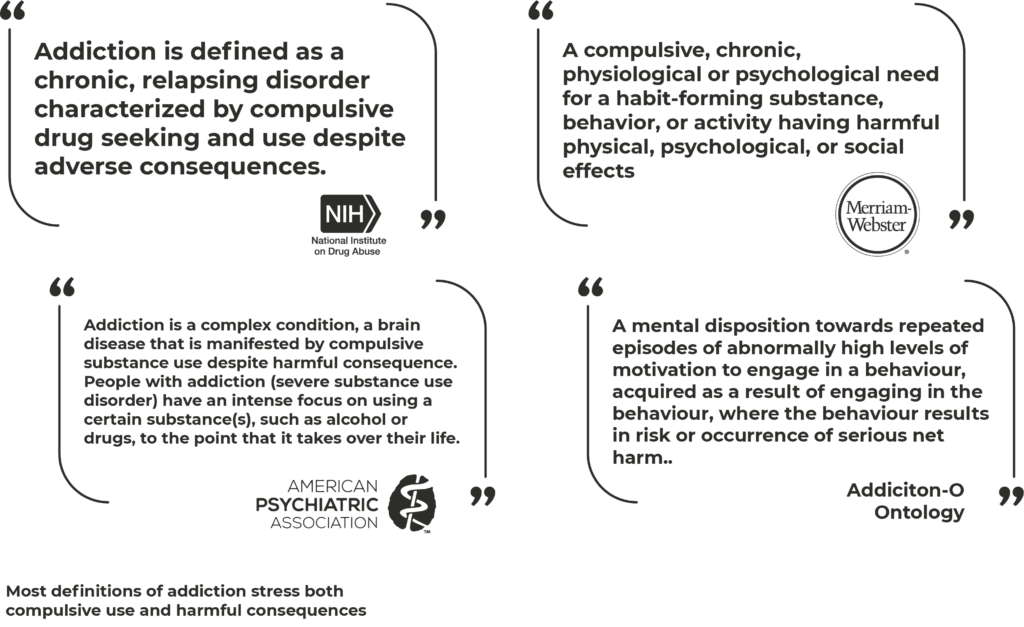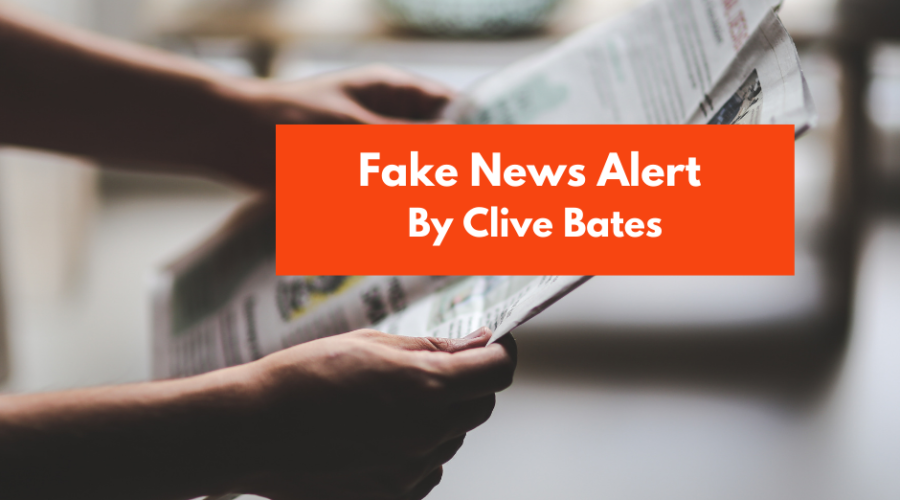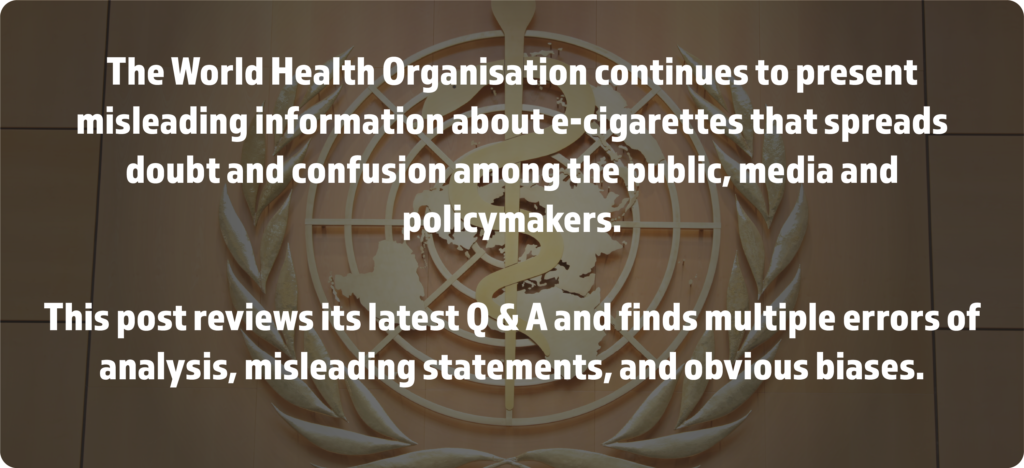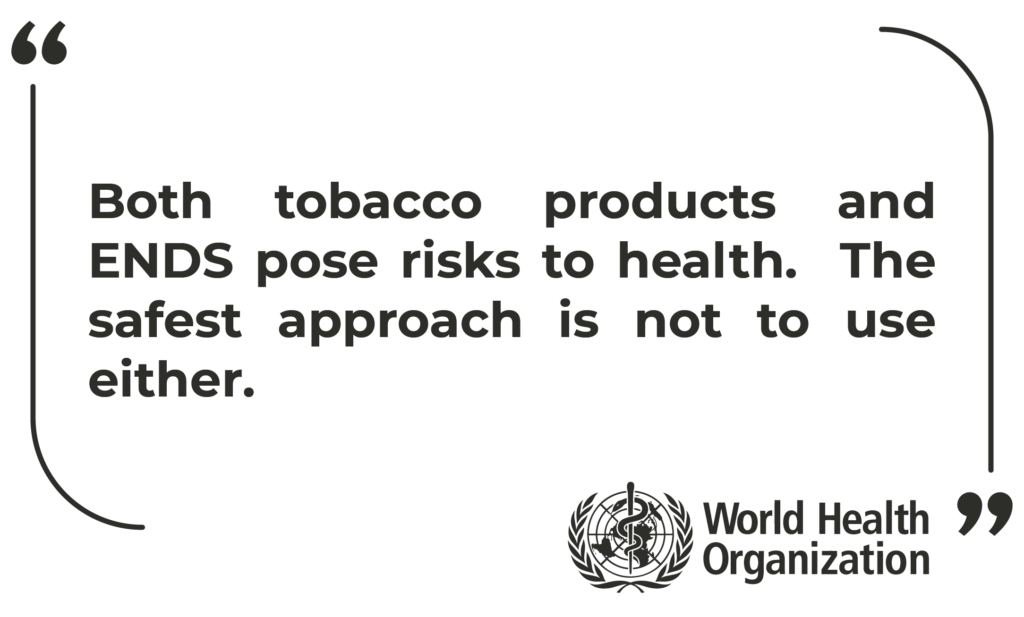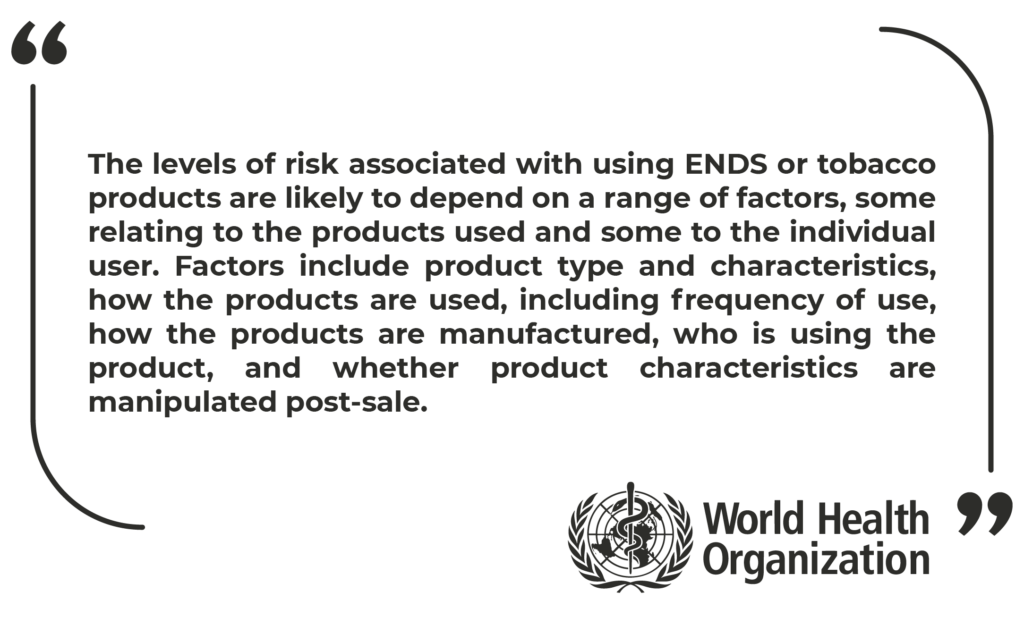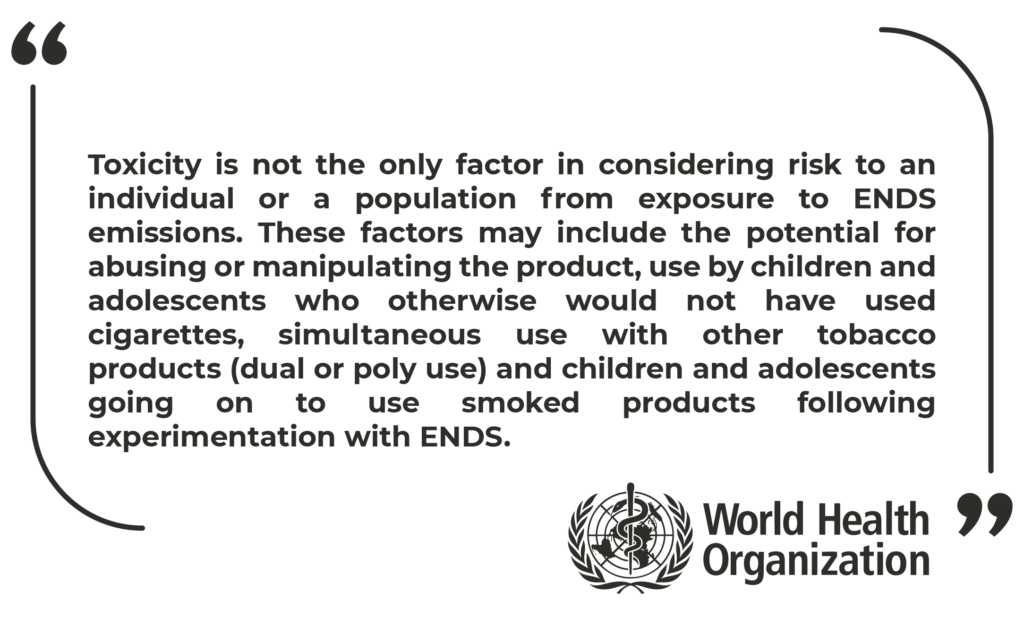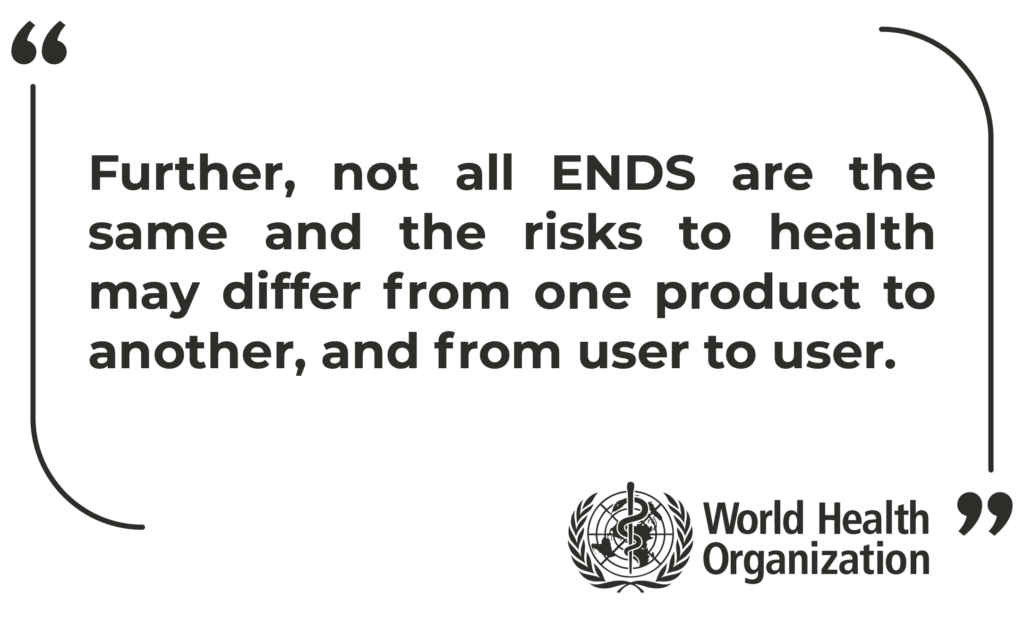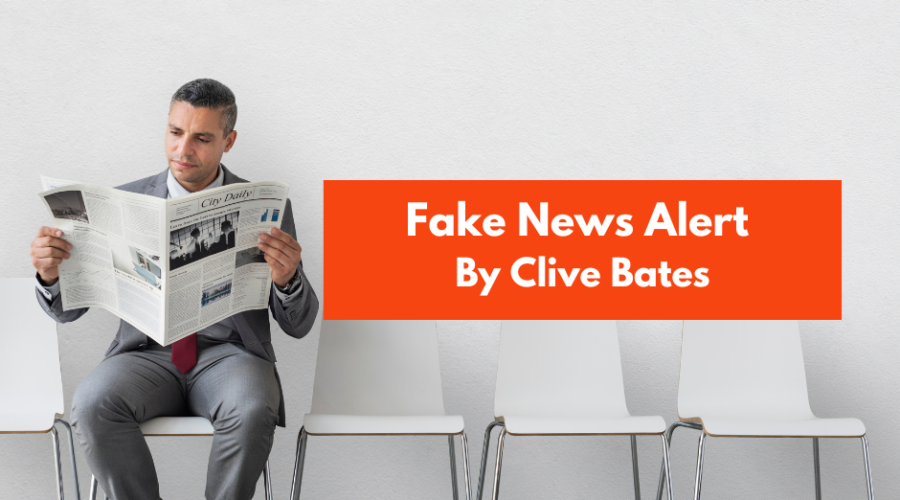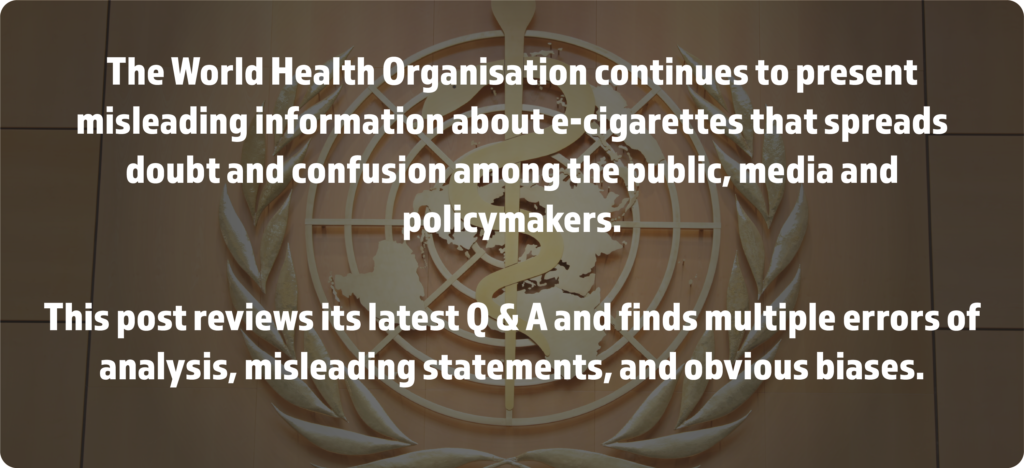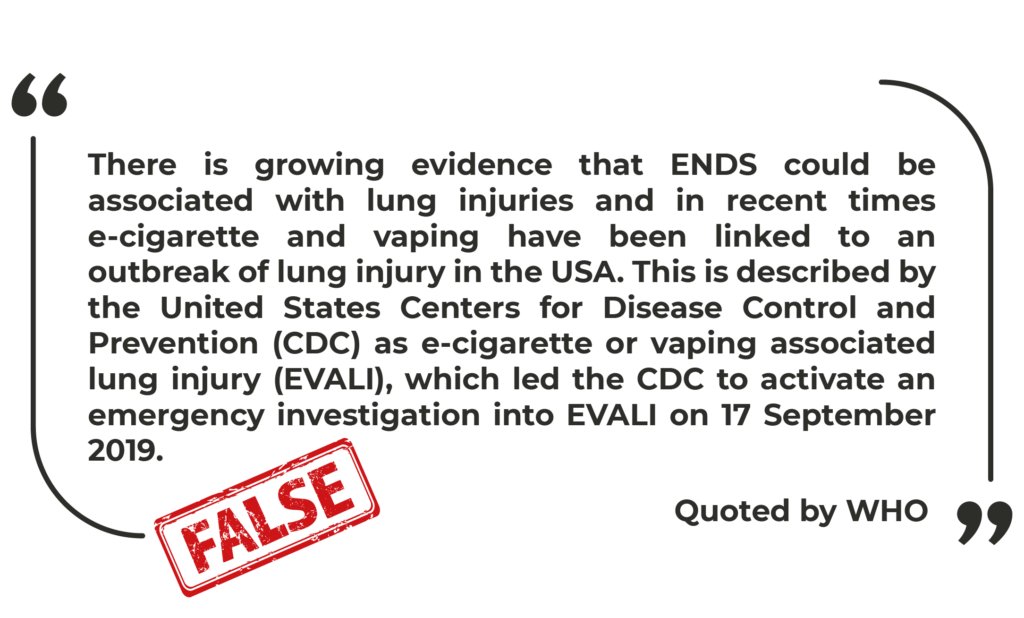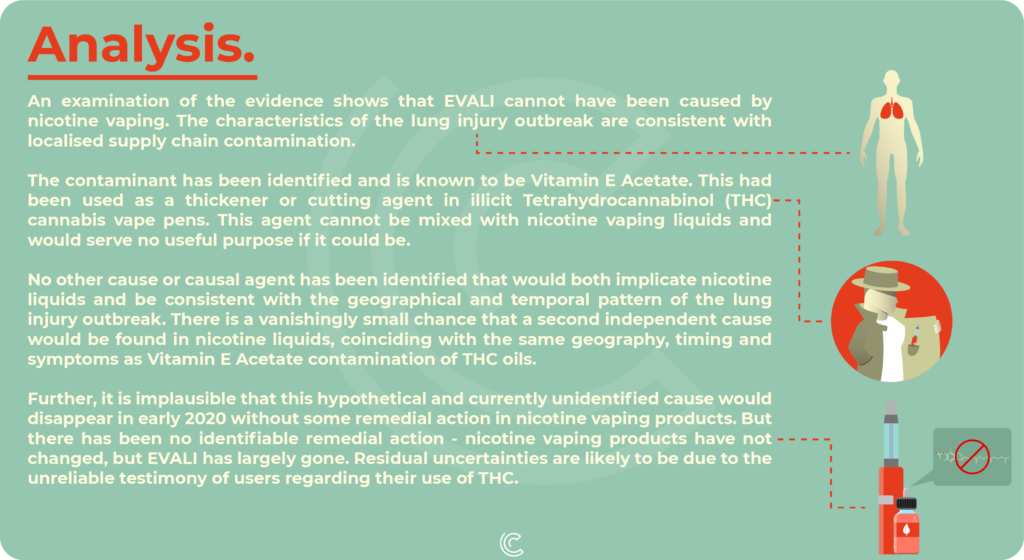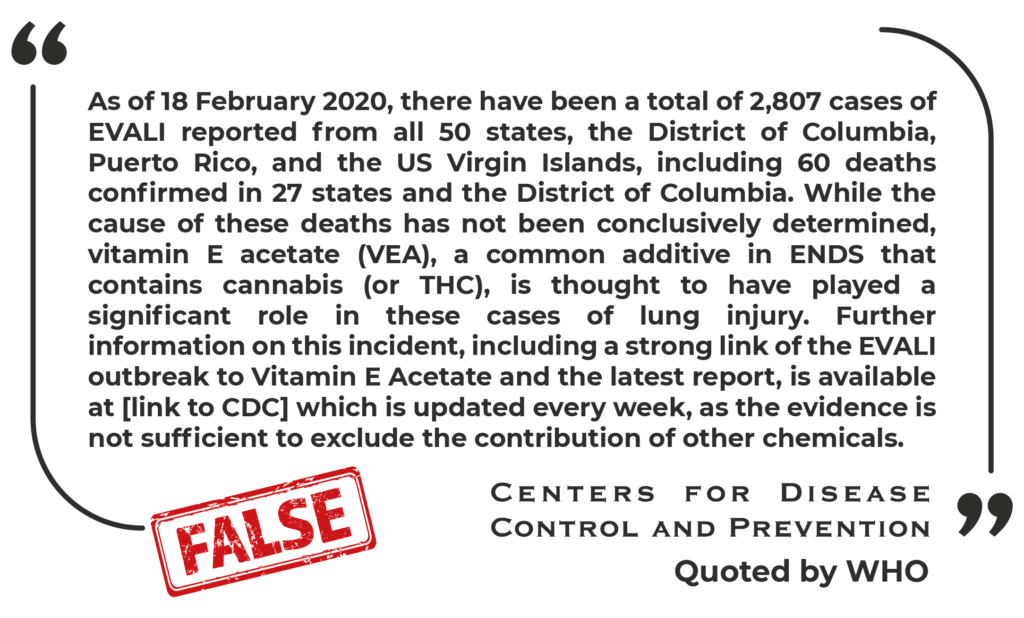The “Fab Four” Sports Betting States
The Consumer Choice Center’s US Sports Betting Index recently conducted an audit of every state in terms of its sports betting affability.
Below we reveal which states scored the highest, according to the latest report.
What Makes a Good Bookmaking State?
Before the groundbreaking litigation that resulted in the U.S. Supreme Court overturning the PASPA (Professional and Amateur Sports Protection Act) of 1992, Nevada was the place you had to go if you wanted to make a legal sports bet in America.
But that all changed in 2018 and now you can wager legally in 30-plus states as well as the District of Columbia. Not all sports betting is created equal though, as some states allow you to register for an online account in the comfort of your living room while others mandate you must sign up at one of the state’s casinos.
Getting people off of their couches to travel to a destination they might not otherwise make just to register for an online sports betting account proved to be a step too far in Illinois and they wisely dispensed with the requirement shortly before March Madness this year.
The registrations swelled immediately in the Prairie State which should be a loud and clear signal to all other jurisdictions to do away with it if they want to maximize their revenue potential…and they all do.
Read the full text here



